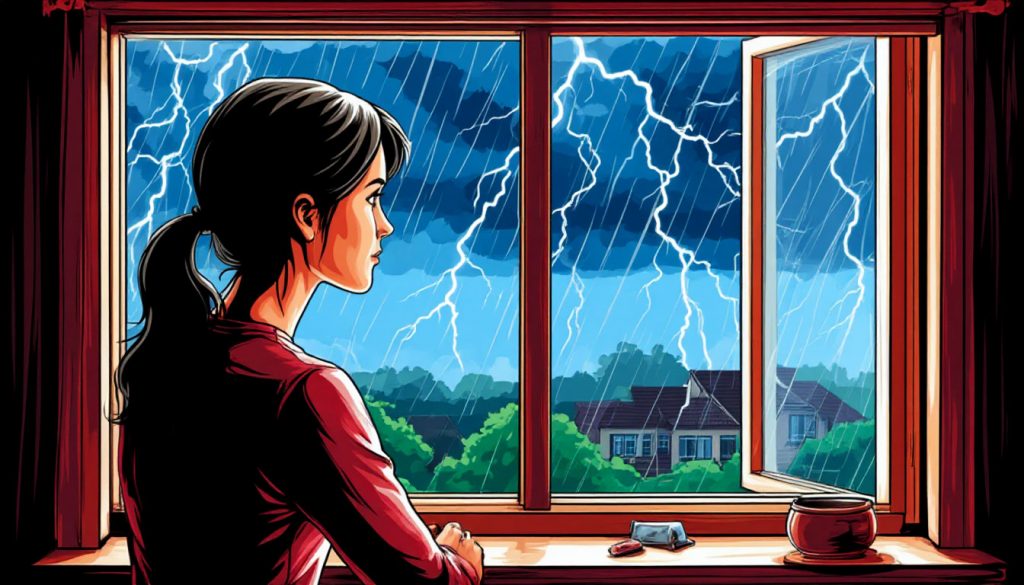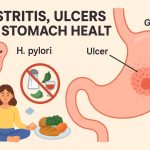Feeling sad or nervous from time to time is part of life. However, depression and anxiety are more than just passing emotions—they are real health conditions that can affect thoughts, behavior, energy levels, and quality of life. Knowing the difference between normal stress and a serious issue is key to protecting mental health.
What Is Depression?
Depression is a mood disorder marked by:
- Persistent sadness, hopelessness, or emptiness
- Loss of interest in activities once enjoyed
- Low energy or fatigue
- Trouble sleeping or oversleeping
- Changes in appetite or weight
- Difficulty concentrating or making decisions
- Feelings of worthlessness or guilt
- Thoughts of death or suicide (in severe cases)
To be considered clinical depression, symptoms usually last more than two weeks and interfere with daily functioning.
What Is Anxiety?
Anxiety is a natural reaction to danger or stress, but it becomes a disorder when it’s constant or overwhelming, and includes:
- Excessive worry or fear, often without clear reason
- Restlessness or feeling on edge
- Rapid heartbeat, sweating, or shortness of breath
- Muscle tension or headaches
- Difficulty sleeping or relaxing
- Avoidance of certain situations out of fear
There are different types of anxiety disorders, such as generalized anxiety, social anxiety, or panic disorder.
When Should You See a Doctor?
It’s time to talk to a specialist if:
- Sadness or anxiety lasts more than two weeks
- Your symptoms interfere with work, school, or relationships
- You’ve lost interest in life or feel emotionally numb
- You’re avoiding social contact or daily tasks
- You feel out of control, panicked, or constantly worried
- You think about self-harm or suicide
- Loved ones notice changes in your behavior
Seeing a doctor is not a sign of weakness—it’s a sign of taking control of your well-being.
What to Expect at a Doctor’s Visit
A medical professional may:
- Ask about your symptoms and emotional state
- Use short questionnaires to evaluate your mood and stress
- Rule out physical conditions (like thyroid problems or vitamin deficiencies)
- Recommend talking therapy, lifestyle changes, or in some cases, medication
Early support often prevents symptoms from worsening. Self-medication is not advised—only a qualified doctor can determine what’s best.
How to Support Mental Health Daily
- Maintain a regular sleep schedule
- Eat balanced, nutritious food
- Get physical activity daily, even short walks
- Limit caffeine, and screen time
- Exclude alcohol
- Connect with friends or family
- Try mindfulness or breathing exercises
- Seek support from a therapist or counselor
Even small habits can make a big difference over time.
Glossary
- Depression – A mood disorder involving persistent sadness and low energy
- Anxiety – A condition marked by excessive fear or nervousness
- Mental health – A person’s emotional, psychological, and social well-being
- Panic attack – A sudden wave of intense fear or discomfort
- Therapist – A trained professional who provides mental health counseling


